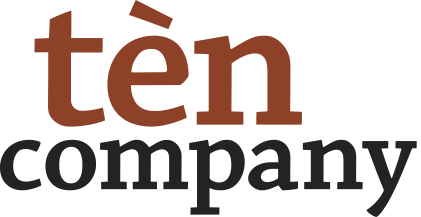Who are you?
How understanding your clients improves impact

As we saw in our first column: step one is, who are we really? Next is, who do we have in front of us?
Step 2
A personality assessment can speed things up. However, with personality questionnaires there are things to watch out for. Every assessment should always be viewed through two lenses.
- Validity do we measure what we think we measure?
- Reliability to what extent do we get the same results if we measure at different moments?
And please, even the most predictable Personality Questionnaires still have limited validity. In other words, never present the results as the truth! The final point here is the size of the reference group. Mind you, there are even assessments on the market without any reference group! Without any science or proof!
There are countless personality assessments these days. Choose wisely and avoid getting into the superficial level of horoscope type of assessments. Choose for an assessment that has a scientific basis ànd that is easy for your client to remember.
You don’t always need to use a personality questionnaire to understand your client; you can also ask your coachee to do a quick self-assessment and ask where she recognizes herself most. For instance use the four personality types of DISC:
- Blue profile: steadiness
- Yellow profile: conscientiousness
- Red profile: influence
- Green profile: dominance
Nine out of 10 times, this will give you a good starting point. Accurate enough to set the agenda. If helpful, you can also create a 360 version by letting your coachee ask five trusted people to give their perception too.
Under- and over-thinkers
As your client goes through the coaching, it’s important to consider whether someone is an under- or an over-thinker. Let me explain. An over-thinker enjoys the thinking process itself. She wants to have a lot of data before deciding. She will analyze sometimes more than is healthy to make progress.
The under-thinker, on the other hand, enjoys action. And has a tendency not to think things through. If this goes on for years, he will start to bite his own tail. And the person loses impact because his actions are superficial, and he gets easily distracted.
To be effective as a coach, you need to know what your own preference is. Know yourself and be better able to assist your coachee.
Hope this inspires.
Paul Donkers
Paul P.J. Donkers is a sought-after global business coach and management consultant. More about his work and projects can be found via www.tencompany.org and via www.ikigaicoachinginstitute.com
Paul and his partners work since decades with leaders to assist them create more value. If you want to have a confidential conversation, just reach out to us via This email address is being protected from spambots. You need JavaScript enabled to view it.






